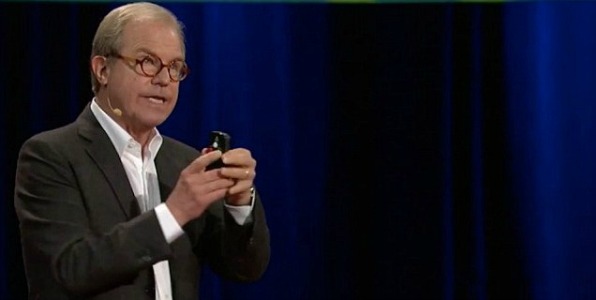
Authenticity is often touted and more often misunderstood.
Authenticity isn’t what I do; it’s my comfort level with who I am.
It’s an honest misconception…I can’t actually see authenticity…I experience it…I infer it from interaction…so shouldn’t it follow I can choose to show authenticity by my actions? Actors do it. Salesmen do it. But in the real world, no. I can’t fake authenticity…I can’t choose to be something I’m not.
Still, people try to create an aura of authenticity by:
- Cultivating an online persona.
- Networking in order to get noticed.
- Making it about people instead of ideas.
- Utilizing social media for upward mobility.
- Injecting emotion into objective discussion.
- Celebrating celebrity instead of doing the work.
- Proffering opinions as if one is as good as another.
- Spouting off popular buzz words and catch phrases.
- Seeking affirmation instead of having thinking challenged.
- Settling for breadth rather than depth in thinking, actions and relationships.
Efforts like these fall apart; our authentic self always shows through in the end. And that’s a good thing. Fidelity to our selves…transparency…integrity…are what lead to authenticity.
We recognize authenticity when we experience it in others, but it’s harder to see it in our selves; we are authentic by degrees, and we exhibit different levels of authenticity in different situations. Each of us is uniquely authentic by definition…because we are authentic when we are fully true to our unique selves.
To be authentic, I need to know and feel what makes me tick, what makes me satisfied, what makes me happy…what I won’t settle for and what I will absolutely go to the wall to earn and keep. And the only way to drill down and reach that kind of hard core certainty is through life experience: risks, gains, losses, lessons learned…experiences that create a gut-level understanding of who I am.
Authenticity is about what’s going on inside me, not what I project outwardly. When I am my authentic self I display a quiet self-confidence, responding with trust, openness and a willingness to collaborate. Authenticity espouses an optimistic world view, seeing life as generative and full of possibilities. It’s where we all want to be…but it takes patience and perseverance to get there.
Fear and self-interest are the enemies of authenticity. They hijack my focus and send me chasing after things I think I want. But what if those things attract me because of some perceived deficit or unaddressed insecurity? There’s no more unauthentic place to be than at a dead end, feeling empty…frustrated…lost.
Authenticity is the antithesis of fear and self-interest. It is content with me at my core; secure in the knowledge of who I am. I’m able to keep my focus on who I know my self to be, shortcomings and all. And while it’s hard to gauge my progress while on this journey, in the end it provides me the wisdom of hindsight…seeing the path that has lead me to where I’ve arrived.
My wish for each of us this year is to become genuinely authentic, without worrying about what it looks like to anyone else. May each of our journeys be rich and rewarding and irrefutably our own.









